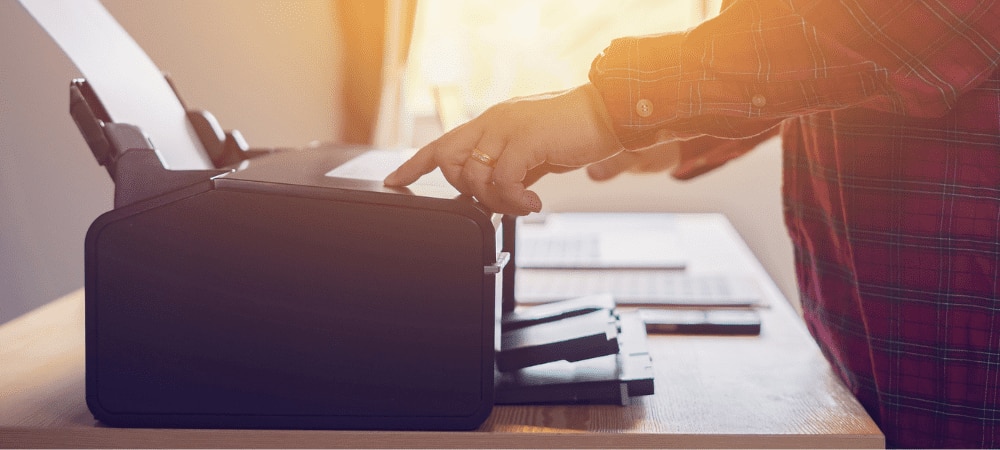Tech-savvy users think so
In order to protect sensitive online data, it's likely the passwords you use have become incredibly complex. Many tech-savvy users now use password managers to keep track of them all—but too many users also rely on those “remember me” checkboxes that auto-populate password fields, which can expose sensitive information to potential vulnerabilities. Fortunately, more and more users are skipping passwords entirely by using secure facial recognition tools.
Online retailers and payment systems are investigating ways to use your smartphone to authenticate your identity and access your payment information at point-of-sale. Although approaches vary, their strategies are rooted in the same concept: comparing a photo or video of you to one already registered to your account. In China, AliPay and Tencent have pioneered
“Smile to Pay” systems that allow customers to pay for things like a load of groceries with a face scan and skip the checkout line [1]; Asia’s SnapPay is making the tech available for
North American merchants.[2] And Google Pay lets you complete a payment transaction by
glancing at your phone.
Selfie-driven cars
You're burning the midnight oil—the last one in the office. But now it's time to go home. And to speed up the commute, you call an Uber. But how do you trust a stranger that's picking you up in the middle of the night to be who they say they are? The rideshare app creators get that and are continuing to implement extra security features using facial recognition to improve rider and driver safety.
A few years ago Uber created Real-Time ID Check, which periodically asks drivers to take a selfie in the driver-side app before they accept rides. The system uses Microsoft's Cognitive Services to instantly compare the selfie to the one that was stored on file for driver identification. If the two photos didn’t match, the account was temporarily blocked. After Uber discovered that some drivers were using printed photos to trick the technology, they issued a software update this fall that makes drivers shake their heads, blink and smile while looking into a smartphone camera. [3] These periodic checks create an additional layer of protection for freelance drivers who want to keep their business safe, and for riders who want to get home safely.
Hello :-)
From gesture-mapped pictures to iris scanners, Microsoft has long sought to simplify the login process while maintaining, if not improving, security. With the thoroughness of their biometric security features in Windows 10 Hello, they may have reached their goal.
Windows Hello is a biometric login feature that uses specially equipped hardware for a more in-depth analysis. For example, Hello uses depth-sensing cameras for more detailed facial recognition. It’s now supported for online payments on a handful of websites as well as on Google Chrome, Firefox and Microsoft Edge. But you’ll need the right hardware for Hello; PCs such as the
HP Envy All-in-One are built to work with it.
Where else will your smile take you?
It's likely that using selfies for security purposes won't stop at purchasing coffee or for logging into your phone. Futurists believe that selfie technology connects the digital world with the physical and can set the stage for a whole new level of commerce. [4]
Clearly, you can now do more with selfies than upload them to social media. Smiling for the camera will potentially allow you to do everything from handling transactions to finding a new job. So, straighten those ties--you may be taking more photos of yourself than ever before.
*HP Sure View panel is an optional feature available on select HP Elite PCs that must be configured at purchase.
Google is a registered trademark of Google Inc.
Microsoft, Cognitive Services, Windows, and Hello are either registered trademarks or trademarks of Microsoft Corporation in the United States and/or other countries.





















